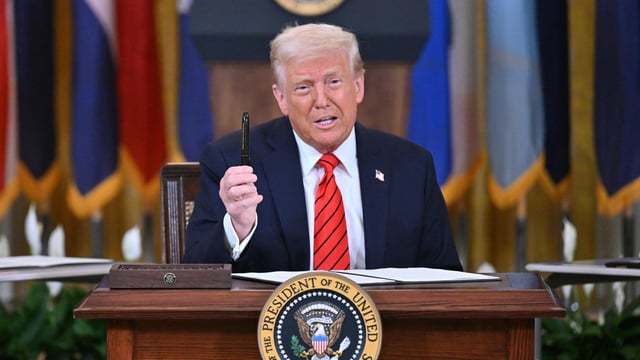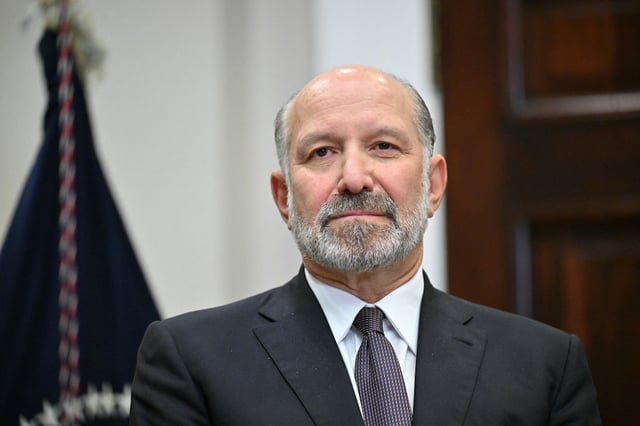Overview
- Commerce Secretary Howard Lutnick announced that 1,000 'Gold Cards' have been sold at $5 million each, generating $5 billion, though the program has not officially launched.
- The 'Gold Card' offers U.S. residency without traditional job creation or investment requirements, marking a significant departure from the EB-5 visa program it aims to replace.
- Critics argue the program creates a 'pay-to-play' immigration system, prioritizing wealthy individuals and potentially undermining equitable immigration pathways.
- Concerns have been raised about the program's potential to exacerbate economic inequality and housing affordability issues, as well as its alignment with U.S. immigration principles.
- The administration claims the program could address the national debt, with projections of $50 trillion in revenue if scaled globally, though its legality and broader implications remain under scrutiny.


